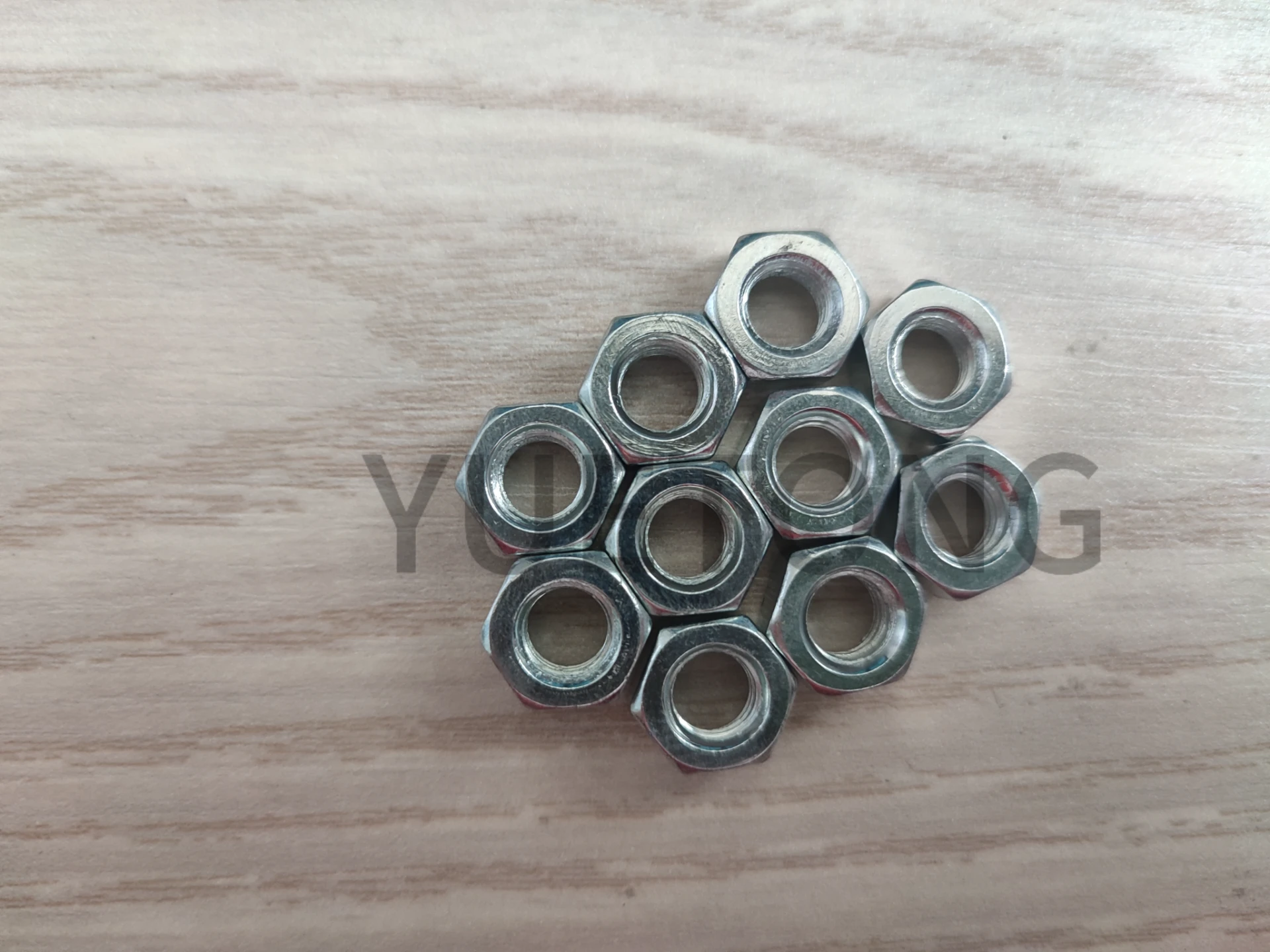Dez. . 11, 2024 01:10 Back to list
Exploring Different Types of Bolts and Their Applications in Various Industries
Understanding Bolt Types A Comprehensive Guide
Bolts are integral components in various industries, providing the necessary fastening solutions that keep structures and machinery together. Understanding the different types of bolts is crucial for engineers, manufacturers, and DIY enthusiasts alike. This article delves into the world of bolt types, discussing their characteristics, uses, and applications.
The Basics of Bolts
Bolts are threaded fasteners used to join two or more objects together. They typically consist of a head and a shaft with external threads. The head allows for the application of torque using a wrench or socket, while the threaded shaft inserts into a pre-drilled hole and is secured with a nut or another threaded object. The combination of these elements allows bolts to withstand tension, shear forces, and vibrations.
Common Types of Bolts
1. Hex Bolts These are perhaps the most recognized type of bolt, featuring a hexagonal head. Hex bolts are versatile and are used in various applications, from construction to automotive industries. Their robust design allows for high clamping forces.
2. Carriage Bolts Characterized by a smooth, rounded head and a square neck that prevents turning when tightened, carriage bolts are typically used in wood-to-wood applications. They’re ideal for securing wooden structures like decks and fences.
3. Lag Bolts Also known as lag screws, these heavy-duty bolts are used to fasten lumber and other heavy materials. Their large size and coarse threads allow them to provide strong holding power, making them suitable for applications where strength is paramount.
4. Machine Bolts These are similar to hex bolts but are designed specifically for fastening metal parts together. They often come with a flat or dome-shaped head, and they can be used in conjunction with nuts for stronger assemblies.
5. Set Screws Unlike traditional bolts, set screws do not have a head and are typically used to secure one object within another, such as holding a gear to a shaft. They are often used in mechanical systems where a flush installation is required.
6. Eye Bolts These bolts feature a looped head, allowing for the attachment of ropes or cables. Commonly used in rigging, lifting, and anchoring applications, eye bolts offer versatility in various fields, including construction and marine.
7. Shoulder Bolts These bolts have a shoulder (a smooth part of the shank that is larger in diameter than the threads) that allows for a precision fit, particularly in applications requiring rotation or movement. They’re often used in machinery and automotive components.
Material Considerations
bolt types

Bolts are manufactured from various materials, each offering unique benefits.
- Steel Bolts The most common type, steel bolts are known for their strength and durability. They are often coated to prevent rust and corrosion.
- Stainless Steel Bolts These are resistant to corrosion, making them perfect for applications in damp environments or where exposure to chemicals is a concern.
- Aluminum Bolts Lightweight and resistant to corrosion, aluminum bolts are ideal for applications where weight savings are critical, such as in aerospace.
- Brass Bolts Known for their aesthetic appeal and corrosion resistance, brass bolts are often used in decorative applications.
Choosing the Right Bolt
Selecting the correct bolt type for your project depends on several factors
- Load Requirements Understand the load conditions (tension, shear, etc.) to choose a suitable bolt that can withstand the forces applied.
- Material Compatibility Ensure that the bolt material is compatible with the materials being fastened to avoid issues like galvanic corrosion.
- Environmental Conditions Consider the working environment (temperature, humidity, exposure to chemicals) when selecting the bolt material and type.
- Ease of Use Some projects may require a specific style of bolt for ease of installation or adjustment.
Conclusion
Bolts are fundamental components that play a critical role in the integrity of structures and machinery. Understanding the different types of bolts and their applications enables users to make informed decisions and enhance the reliability of their assemblies. Whether in construction, automotive engineering, or DIY projects, the right bolt can make all the difference in achieving secure and durable connections. Always ensure that you assess the unique requirements of your project to choose the appropriate bolt type suited to your needs.


